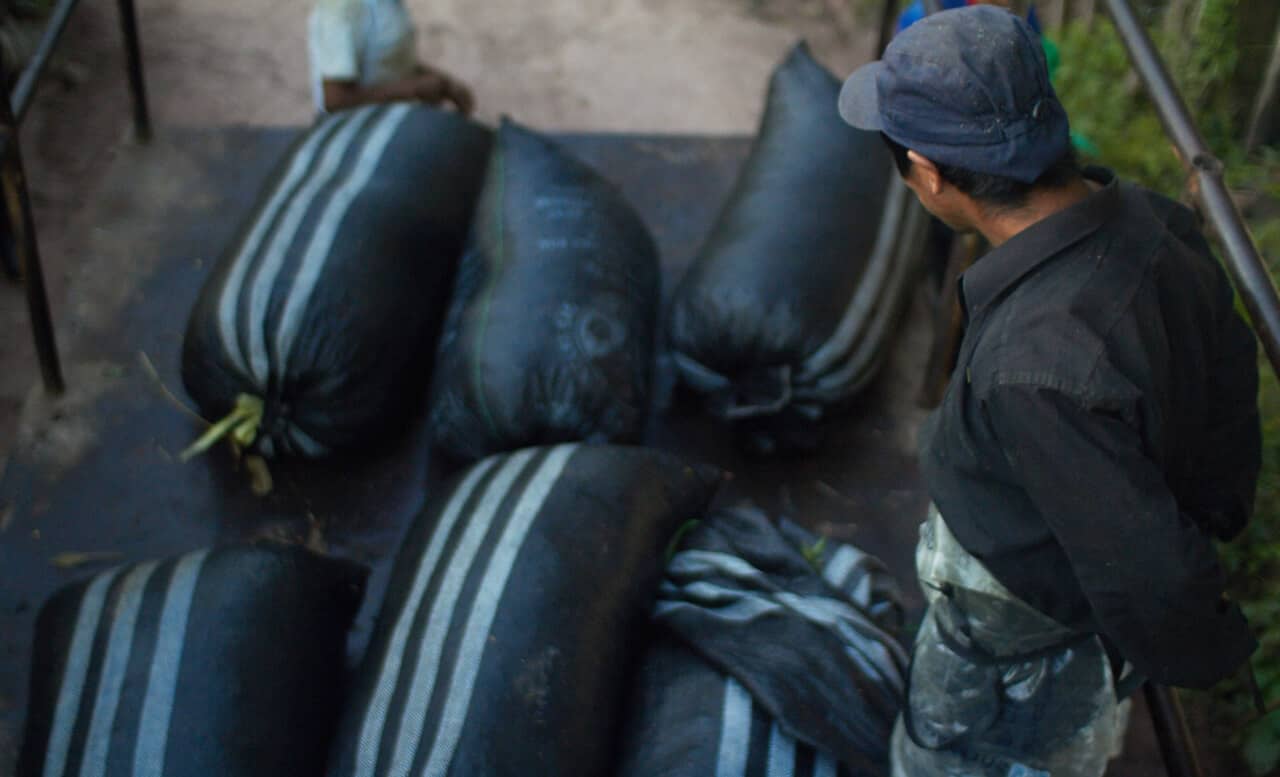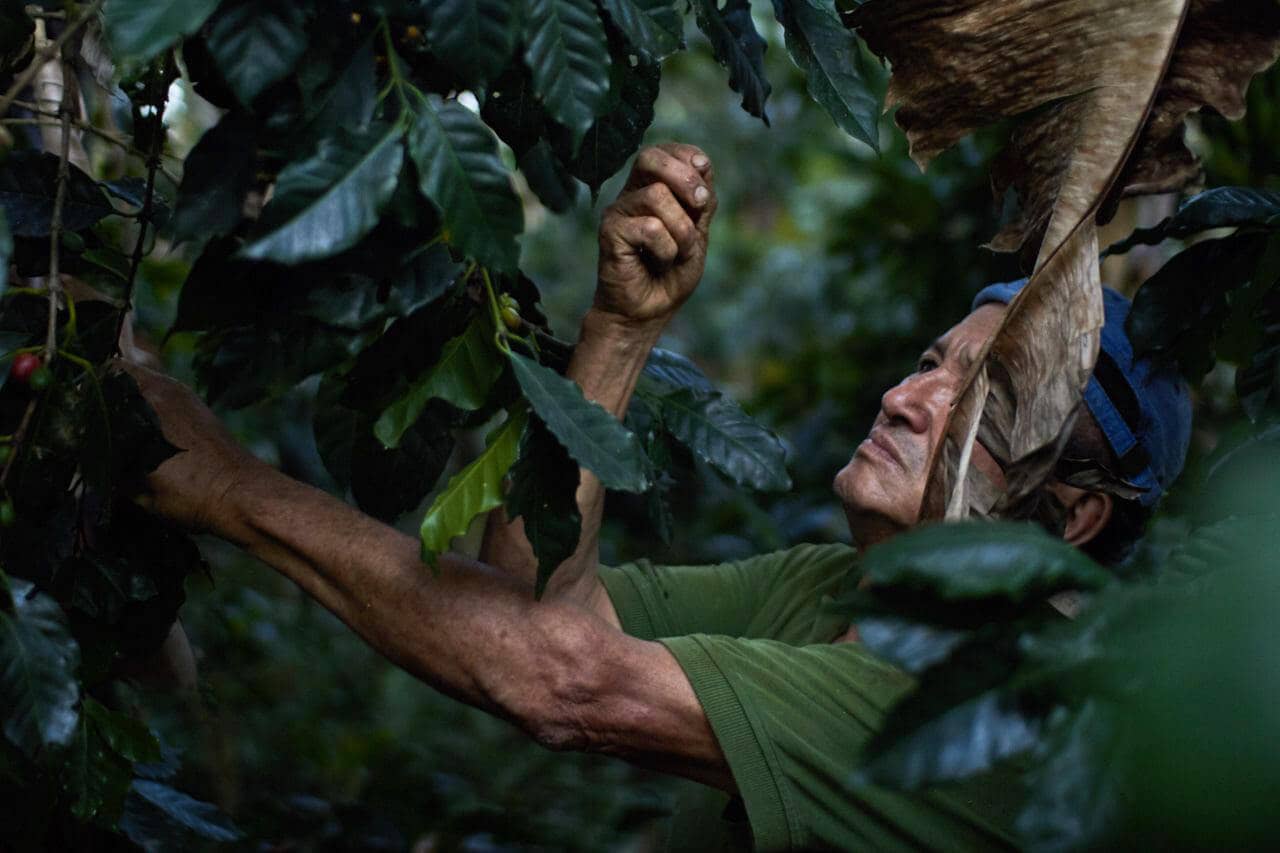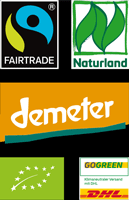- Coffee facts
The power of the bean.

Kristin Oldenburg
For us, in our – to admit – very delicious coffee bubble there is hardly anything more important than beans, aromas, and such. But apparently, we are not the only ones. Because coffee is actually one of the most important trading goods worldwide. The expected sales volumes for this year only is 388 billion Euro. Before 2020 coffee was supposedly ranked second of the top ten commodities right behind crude oil. This has probably changed in the meantime. But it is a fact, that the percentage of ecologically cultivated coffee is still quite low, despite all the discussions about sustainability: Only 6.5% of the total production according to (unofficial) estimates. The market share of (all!) organic foods in Germany is only slightly higher: 6.8%!* So much for the topic organic-boom…
Back to the coffee: Worldwide, coffee ensures jobs for about 25 million people and is the livelihood for about 100 million people. Thus, appropriate prices for coffee farmers are an immensely important aspect.

So, what is Fairtrade?
The concept behind it is the guarantee of minimum prices, so that the farmers are to some extend protected from the price volatility of the market. On top, there are the Fairtrade premiums, which are invested into regional projects. In the end, according to Fairtrade Germany the farmers do not only decide for a certification because of the Fairtrade prices, (…) but because of the various advantages that come with ta certification, such as improved market access, consultation, a greater bargaining power, additional investment options through the Fairtrade premiums, (…) better access to credit, better working conditions, health protection, prevention of child labor, and the possibility of independent and continuous development. (Translated from German)
The crux of the concept: When the coffee price reaches a high point, like it is currently the case – reasons are bad weather, climate change, logistical difficulties – then the guaranteed minimum prices are less relevant. Since we have been working with our producers for a long time and attach great importance to good cooperation, we jointly find a reasonable arrangement for everyone. (Translated from German).
But did you know that the market share of Fairtrade coffee in Germany is only 5%. At least the share of organic coffee amounts to 74%**.
Which leads us to organic cultivation.
The advantages of ecological cultivation are quickly explained: Improvement of the quality of the soil, less water consumption, more biodiversity. No chemicals. And: As a study by the University College London*** shows, sustainably cultivated coffee generates a significantly lower amount of CO2 emissions compared to conventionally cultivated coffee.
These reasons should actually be convincing enough to always go for an organic Fairtrade coffee. Don’t you agree?
Especially when it is as outrageously delicious as ours (yes, ballyhoo is also part of our business…)
If you like to know more about these topics, check out some of the other articles here on our blog: For example “Rooted in respect” and “Biodiversity? Who cares?”.

Sources:
*Statista, 2021
**www.fairtrade-deutschland.de/produkte/kaffee/hintergrund-fairtrade-kaffee
***rgs-ibg.onlinelibrary.wiley.com



